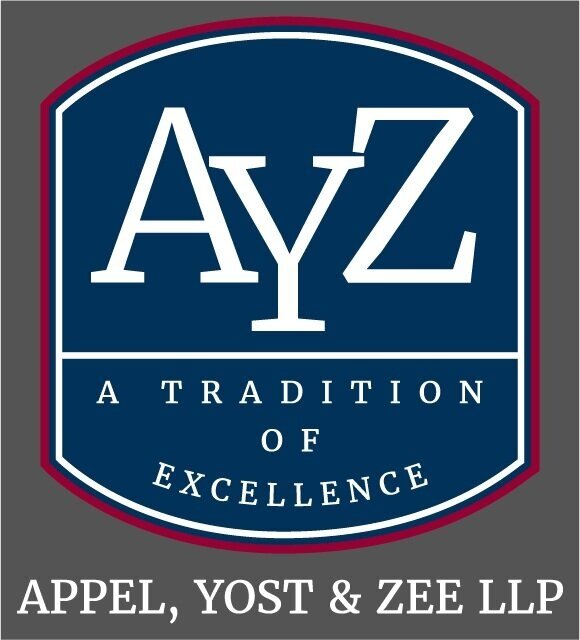Board Members Beware: Blocking Citizens Online May Violate First Amendment
By Michael W. Lewis & Phillip A. Michael
March 26, 2024
In a pair of unanimous decisions handed down last week, the U.S. Supreme Court ruled that under certain circumstances, public officials who post about topics related to their work on their personal social media accounts can be held liable for violating the First Amendment when they block citizens from commenting on their posts.
The Supreme Court resolved a circuit split, providing guidance to lower courts confronted with sticky questions as to under what circumstances a public official’s posts on a personal social media account constitute state action, triggering the First Amendment. The Supreme Court set forth a two-part test to aid courts in this analysis, holding that a public official engages in state action through a social media post only if the official both: (1) possessed actual authority to speak on the State’s behalf on a particular matter, and (2) purported to exercise that authority when speaking in the relevant social media posts. The Supreme Court stated that an act is not attributable to a State unless it is traceable to the State’s power or authority, and private action, no matter how ‘official’ it looks, lacks the necessary lineage.
The cases before the Supreme Court involved a city manager in Michigan and two school board members in California who blocked critics from commenting on their public Facebook and Twitter posts.
In Lindke v. Freed, James Freed, the city manager of Port Huron, Michigan, converted his personal Facebook account to a public page after amassing over 5,000 friends. When a city resident, Kevin Lindke, posted comments critical of the city’s pandemic response, Freed deleted them and blocked Lindke from commenting further. Lindke brought a federal lawsuit under the Civil Rights Act of 1871, also known as Section 1983, alleging a violation of his First Amendment rights. But the U.S. Court of Appeals for the 6th Circuit dismissed the case, finding that because Freed maintained his Facebook page on his own rather than as part of his job, he was not acting as a government official and thus there could be no First Amendment violation.
The Supreme Court disagreed in a unanimous decision penned by Justice Amy Coney Barrett. The Supreme Court remanded the case back to the 6th Circuit, instructing the lower court to reconsider the facts using the two-part test discussed above. Barrett acknowledged that making such a determination will be “difficult,” and will require “a fact-specific undertaking in which the post’s content and function are the most important considerations.”
Similarly, in O’Connor-Ratcliff v. Garnier, the defendants used their personal social media pages to promote their campaigns for the local school district’s Board of Trustees. Once elected, they continued to use their personal accounts to communicate with constituents, identifying as “Governmental Official[s]” on their pages. As in Lindke, constituents made critical comments and replies to the board members’ posts, were blocked, and brought suit under Section 1983, alleging violations of the First Amendment. However, the 9th Circuit declined to dismiss the suit, holding that the state-action requirement was satisfied because of the “close nexus” between the petitioners’ social media pages and their positions as public officials. The Supreme Court remanded the case back to the lower court, instructing the 9th Circuit to reconsider the facts in light of the framework it set forth in Lindke.
While both cases were remanded back to lower courts for further analysis, the Supreme Court’s opinion in Lindke provides useful guidance to public officials who post on their personal social media accounts. To avoid First Amendment issues, officials should include a conspicuous disclaimer that they are speaking as a private citizen, not on behalf of the entity they represent, and make clear that the views expressed are theirs and theirs alone. Disabling all comments and replies is perhaps the safest way to avoid potential issues altogether. Under no circumstances should a public official delete or block critical comments from constituents on a social media post, especially if the post concerns a matter over which the official has actual authority.
Should you have any questions regarding this ruling, please do not hesitate to contact Mike Lewis, Phillip Michael, or any of the attorneys in the Appel, Yost & Zee Education Law Group.
